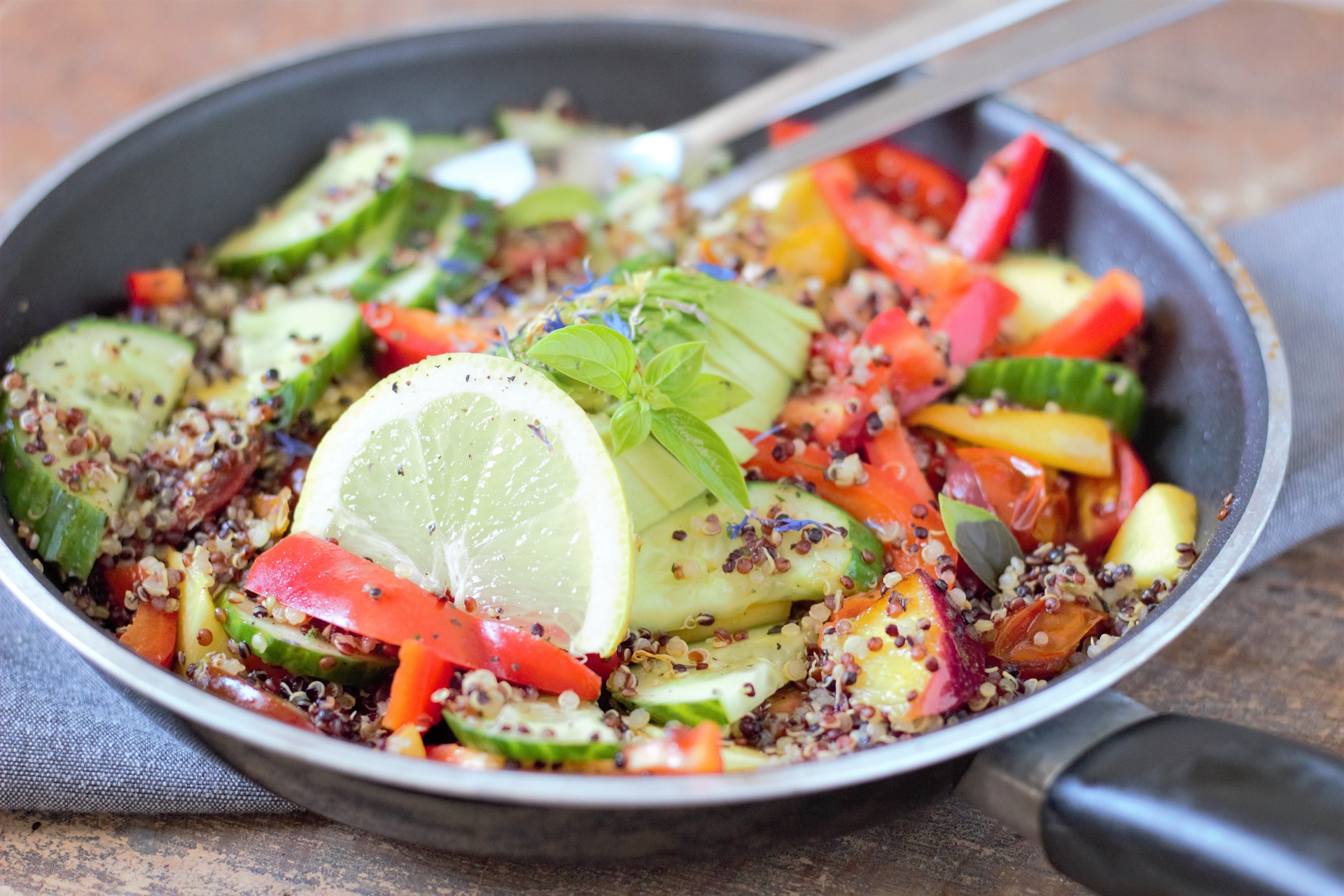Vegans In Search of the Essential 9 Amino Acids
getting all the essential amino acids on a vegan diet is achievable with a little planning and attention.
4/7/2023

A vegan diet can provide a plethora of health benefits, including lower risks of heart disease, type 2 diabetes, and certain cancers. However, it can be challenging for vegans to meet their daily protein requirements and ensure they are getting all the essential amino acids their bodies need.
Amino acids are the building blocks of proteins, which are essential for our bodies' growth and repair. There are 20 different amino acids, and 9 of them are considered essential, meaning that our bodies cannot produce them on their own, and we must obtain them from our diet. These 9 essential amino acids are: histidine, isoleucine, leucine, lysine, methionine, phenylalanine, threonine, tryptophan, and valine.
1. Fortunately, a well-planned vegan diet can provide all the essential amino acids. Here are some tips on how to find these essential amino acids on a vegan diet:Incorporate plant-based sources of complete proteins: Complete proteins contain all the essential amino acids in the right proportions. These sources include quinoa, soybeans and its products such as tofu and tempeh, buckwheat, hemp seeds, and chia seeds.
2. Combine complementary protein sources: Incomplete protein sources can be combined to form a complete protein. The idea is to combine two or more protein sources that complement each other's amino acid profiles. For example, rice and beans, or hummus and pita bread, or peanut butter and whole-wheat bread.
3. Consume a variety of protein-rich plant-based foods: Variety is key to ensure that you are getting all the essential amino acids. Include a variety of legumes, whole grains, nuts, and seeds in your diet.
4. Pay attention to lysine and methionine: Lysine and methionine are two amino acids that can be limiting in a vegan diet. Foods that are rich in lysine include legumes such as lentils, chickpeas, and kidney beans, quinoa, and amaranth. Foods that are rich in methionine include sunflower seeds, pumpkin seeds, and sesame seeds.
5. Use amino acid supplements if necessary: While it is possible to obtain all the essential amino acids from a vegan diet, some individuals may find it challenging. In such cases, amino acid supplements can be used. However, it is essential to consult a healthcare professional before starting any supplements.
6. Avoid high levels of processed foods: It is crucial to avoid highly processed vegan foods as they tend to be low in nutrients, including essential amino acids.
7. Avoid high intake of anti-nutrients: Anti-nutrients, such as phytates and tannins, can bind to amino acids, making them unavailable for absorption. Foods that contain anti-nutrients include legumes, grains, and nuts. However, soaking, sprouting, and fermenting these foods can reduce their anti-nutrient levels, making the amino acids more available.
Finally, getting all the essential amino acids on a vegan diet is achievable with a little planning and attention. Incorporating a variety of protein-rich plant-based foods, combining complementary protein sources, paying attention to lysine and methionine, avoiding processed and high anti-nutrient foods, and using amino acid supplements if necessary can help vegans meet their daily protein requirements and ensure they are getting all the essential amino acids their bodies need.






